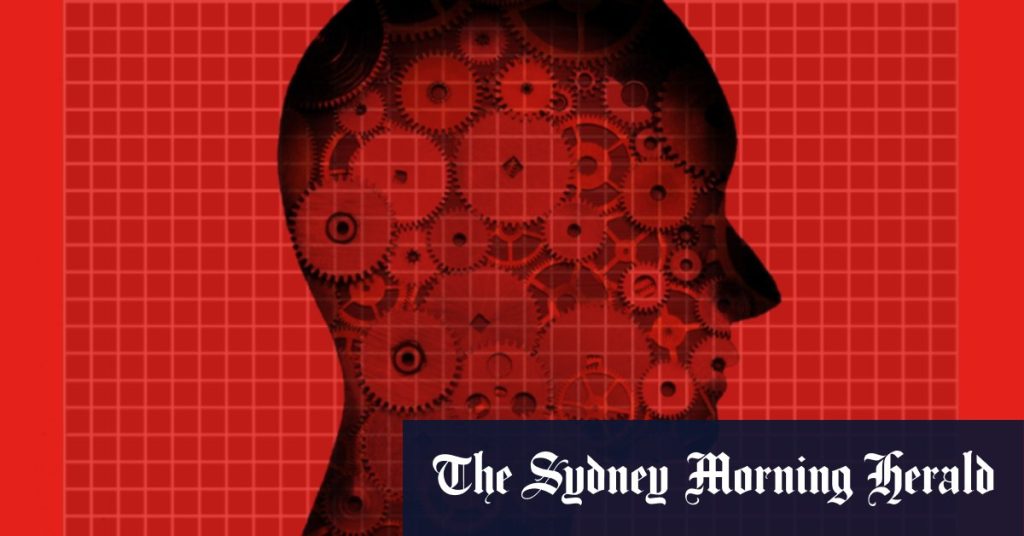The president of the Royal Australian and New Zealand College of Psychiatrists (RANZCP), Dr Elizabeth Moore, highlights the current shortage of mental health professionals in Australia. She points out that psychiatrists require a minimum of 12 years of training to become fully qualified, with opportunities for further specialization through advanced certification. Lifelong learning is crucial for all doctors in the field, as new medications and care models continue to evolve. The demand for mental health nurses is also expected to increase, with projections showing a 60 per cent shortfall in the workforce by 2030. Mental health nurses play a vital role in a variety of settings, from direct patient care to policy, administration, management, and research.
Various mental health organizations are urging the government to provide additional funding to support the training and education of mental health professionals. It is essential for individuals seeking therapy to ensure that their chosen practitioner has the appropriate qualifications. While some practitioners may use titles like counsellors or therapists without formal training, reputable organizations stress the importance of checking credentials. Counsellors typically need a diploma in counselling, while mental health social workers require a bachelor’s degree in social work. Occupational therapists specializing in mental health must complete a university degree in occupational therapy. Less common areas of mental health professions, such as psychoanalysis, have specific training requirements, with psychoanalysts needing at least five years of training through accredited associations like the Australian Psychoanalytical Association.
As the demand for mental health services continues to rise, it is crucial to address the shortage of qualified professionals in the field. Additional funding and support from the government are needed to increase the flow of trained practitioners from universities and other training institutions. Individuals seeking mental health assistance should verify the qualifications of their chosen practitioner to ensure they are receiving appropriate care. The field of mental health offers a wide range of career opportunities, from psychiatrists and nurses to counsellors, social workers, and occupational therapists. Continued education and training are essential for all mental health professionals to stay updated on the latest advancements in medications, care models, and research.
In conclusion, the shortage of mental health professionals in Australia is a pressing issue that needs to be addressed through increased government funding and support for education and training programs. Professionals in the field, such as psychiatrists, nurses, counsellors, social workers, and occupational therapists, play critical roles in providing essential mental health services to the community. Individuals seeking mental health assistance should verify the qualifications of their chosen practitioner to ensure they receive quality care. Continued education and training are essential for mental health professionals to stay current with evolving practices and technologies in the field. By investing in the training and education of mental health professionals, Australia can improve access to mental health services and better support the well-being of its population.


